Moving Forward In Your Career When the Future is Ambiguous or Unknown
When your company goes through a change – a shift in direction – not only do you have to adjust to what’s happening, you need to chart your path forward, so you continue to develop your career. It’s easy to get caught up in speculation about what might happen, it’s much more difficult to focus on the future and think strategically when all the details are not ironed out.
As a Senior Career Advisor, employees often ask me how to move forward when there is still some ambiguity and unknowns in their work environment.
Below I’ve provided some tactical and practical steps to take when you find yourself in a quickly changing environment. These steps are also applicable when you join a new group or company.
-
Explore and Learn. In addition to reading everything you can find on the new strategy or company, attend and listen to all meetings where strategy and business are discussed. Read the front page articles on the company website. When possible, attend meetings in person so you can ask questions directly of the leadership. Work hard to align with the company direction so you can figure out how you fit within the new framework. Ask your technical leaders and managers for details that may not be discussed in the larger meetings.
-
Ask for Goals and Strategic Objectives. If they are not ready, keep asking until they are published. Keep in mind your management needs time to distill the information coming down from leadership so it may take a few weeks or even a month or two after changes are announced. You can create your goals and objectives if you have a good idea of what needs to be done. You may know what you need to do before management gets the group objectives documented and distributed. Write down your objectives and share them with your manager. Your best guess is better than nothing at this point. You should revise and refine as more information is released.
-
Evaluate Your Work.
-
Schedule more regular reviews with your Manager(s) to review your career plans. Ask Managers to share what they know, what they do not know and when they expect to know. Communication should increase dramatically during times like these. Ask for and attend more regular staff meetings so the group is getting information as soon as it is available. Regular check-ins will help ensure you are adapting and learning as things are changing.
-
Network, Network, Network. In your area of expertise. In adjacent areas. Make sure you are making new connections and staying up on the latest changes. Attend classes, tech talks, whatever makes sense for you to understand your business group’s charter and key objectives.
-
Be the Change Agent your company needs to succeed. If you are struggling with the changes, review change management resources. Get some ideas for how to move forward by adopting a growth mindset. Hang out with others that are moving forward. Talk about the future. Enable and inspire each other.
-
Question, question, question. Ensure alignment. Make sure you are not working on something that should be cancelled or scaled back.
-
Write out your job description and roles and responsibilities. Make sure your work is closely aligned with what you are hearing from senior management.
-
If you do not have enough work to do due to the uncertainty, ask around and see what needs to be done. Many leaders will tell you that the project that no one else wanted was the one that got them their next promotion. Don’t sit idle and wait for management to come to you. If you are given some critical work and it is mundane or boring, find a way to create a development opportunity. For instance, report out on the results if you need more public speaking or use the opportunity to learn a new skill that you can apply to the project. Keep in mind, if you sit around doing nothing, you may be the next employee targeted for separation. Actively seek out tasks and projects that will add value, reduce spending, or increase sales – as a rule of thumb, you should be working on things that make money, save money or save time. Uncertainty enables opportunity. Take advantage.
-
Interview others to see what else is a waste of time or energy or associated with a cancelled program or project. Eliminate as much non-value added work as you can so you are open to new things that are coming. That old notion of making yourself indispensable is bad advice. You don’t want to be the gate or single point of failure. You should work to eliminate your role by automation or efficiency efforts so you can move to the next project. Drive for reduction of bureaucracy or where you can take out unnecessary process steps.
-
Pick the dumbest thing you do and stop doing it. For instance, if you create a report that no one is looking at, plan to stop creating it. Send it less frequently. Send less detail if that saves you time. Then stop sending it out while still creating it and see who complains. If no one complaints, stop producing the report. There may be several things you do on a regular cadence that are no longer needed. Focus on reducing complexity, frequency and unnecessary detail.
Keep working on your development plan. Keep pushing forward and create the career you need to be motivated, happy and contributing to your company’s success. Figure out what motivates you and help motivate others.
What one item from the list above are you going to do first?
